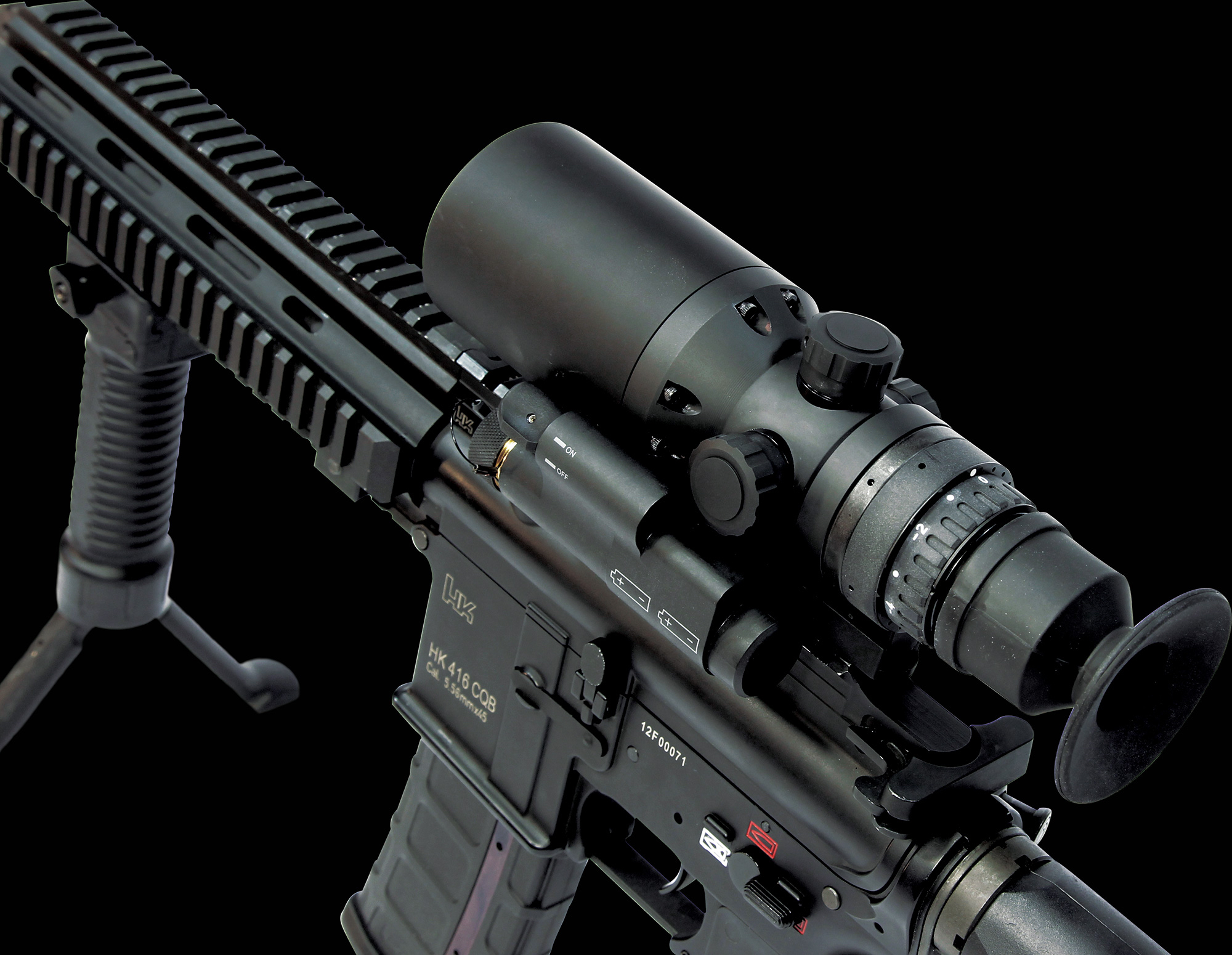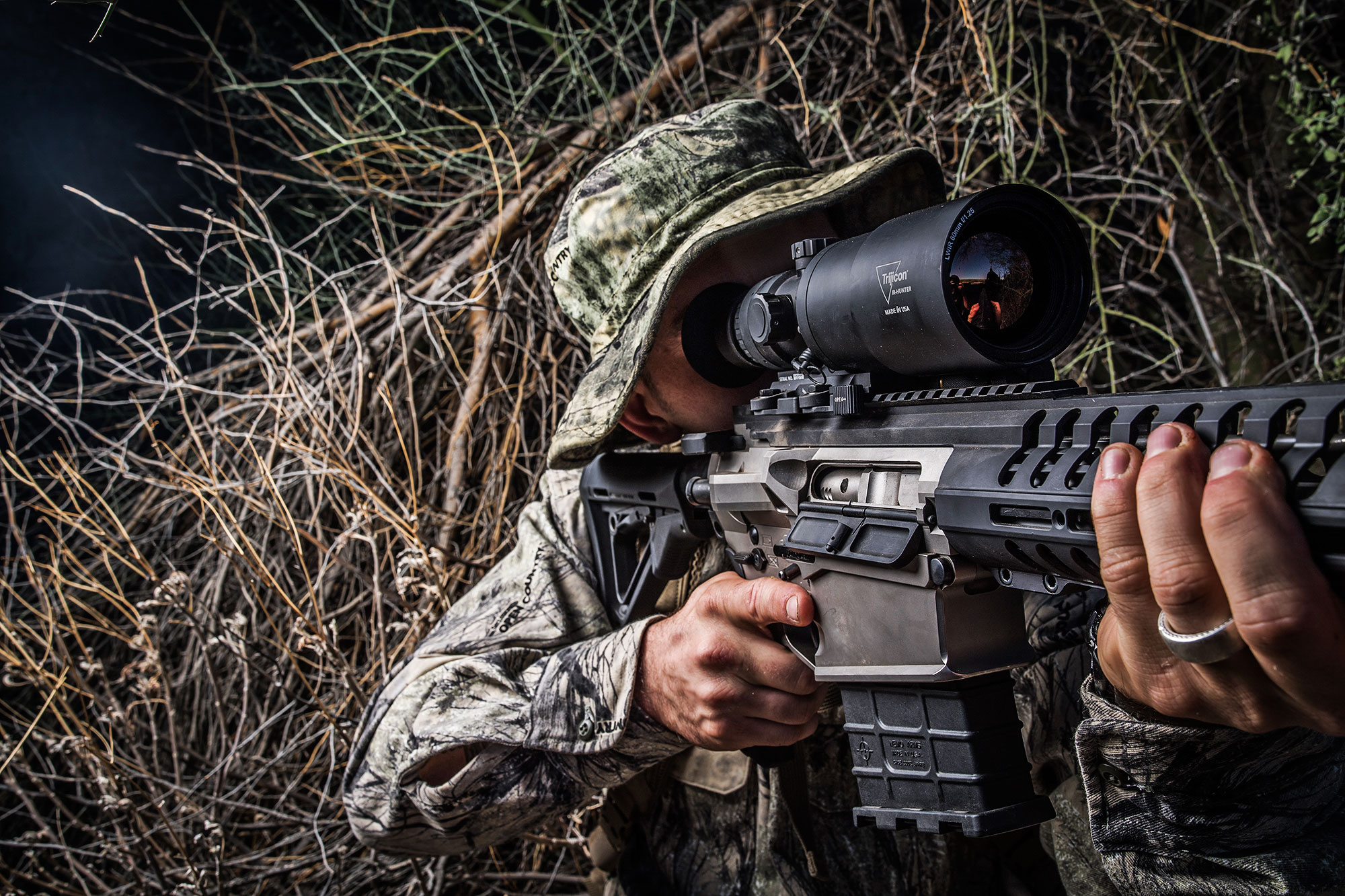By Wayne Nichols
It’s July, and it’s hot, humid, and wet all over! This time of year, can be rough on a hunter down here in Florida. We have mosquitoes big enough to carry off a small child, clouds of no-see-ums that laugh at all kinds of bug repellents, and snakes moving all over the place. With the high humidity, unbearable heat, unpredictable weather, and rain storms out of nowhere planning a hunting trip is a 50/50 chance at best during daytime hours. That leads us to doing a lot of hunts after dark with thermal vision scopes and AR’s off swamp buggies and side by sides, and also out of the trucks. We cover a lot of ground on the types of hunts. Most of these hunts are not done in heavily wooded areas like the normal hunts are but more in wide open areas like private ranches or farmers’ fields. It is simply amazing how much game you can spot after dark in a thermal scope. With the amount of destruction a group of hogs and varmint can do in a single night the farmers welcome you to come help out! Normally evening and night hunts are a bit more stable on weather patterns. Also after dark the temperature drops considerably compared to daytime and most animals are up and moving well throughout the night. We mainly target hogs and coyotes on these hunts but do varmint hunts as well (rabbits, raccoons, etc.) for a fun change of pace. Hunters take turns using the thermal geared rifles and we are also capable of filming the hunts directly through the scope thanks to some new technology. These hunts are new this year and so far, all of them have been very successful, as it only takes about a 5-minute tutorial on how to use the equipment and any level of hunter can use it with ease.
As always, we’re still doing alligator hunts year-round as well. Due to nesting season, we mainly target large alligators through the end of summer to ensure a good hatch rate and primarily harvest males. The goal here is maximum protection by the mother to her nest, if you kill the nesting female you have sealed the fate of every egg in the nest. We also take a break from gator hunting towards the end of the month and well into August as baby gators begin hatching out, but that’s next month’s article topic!


